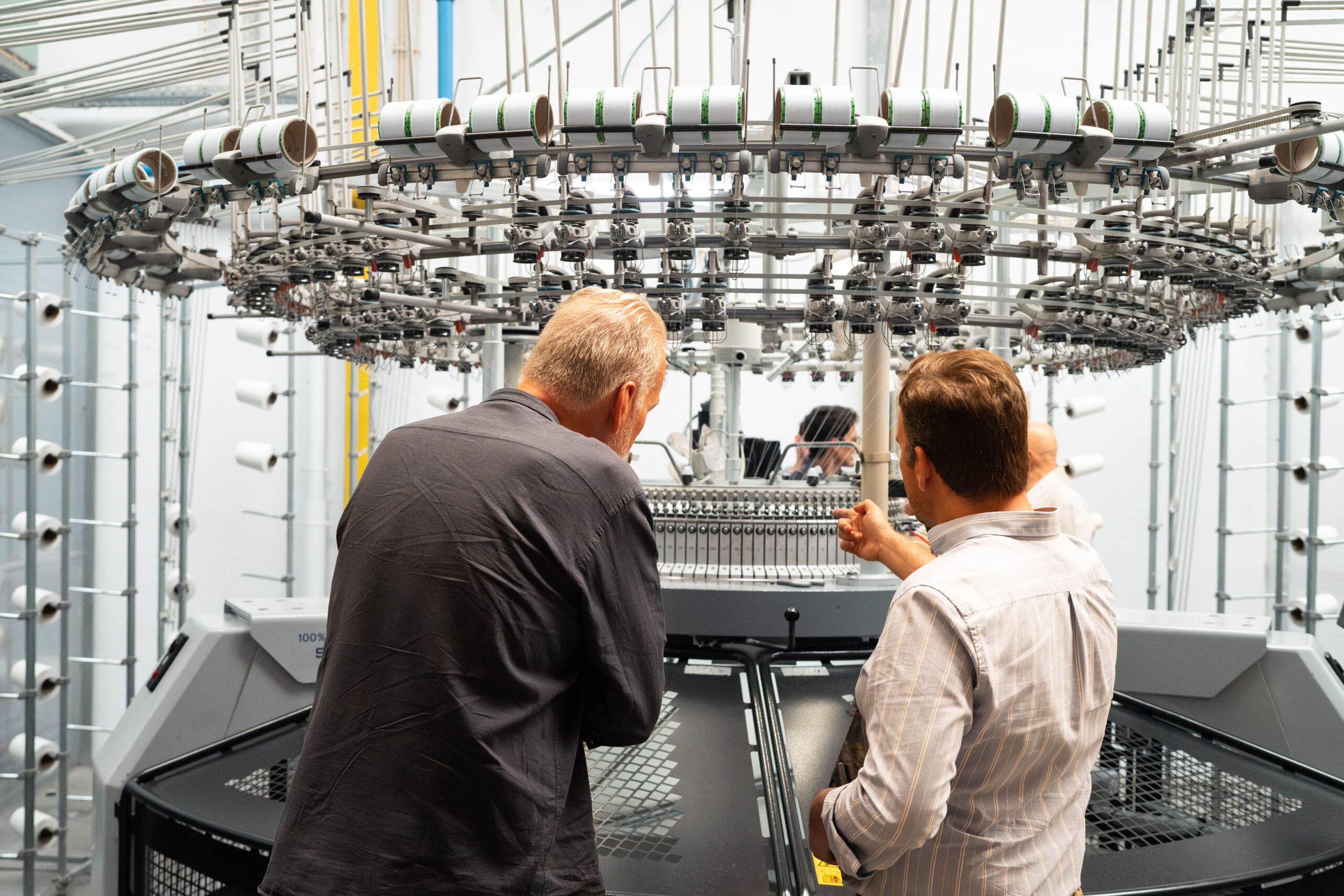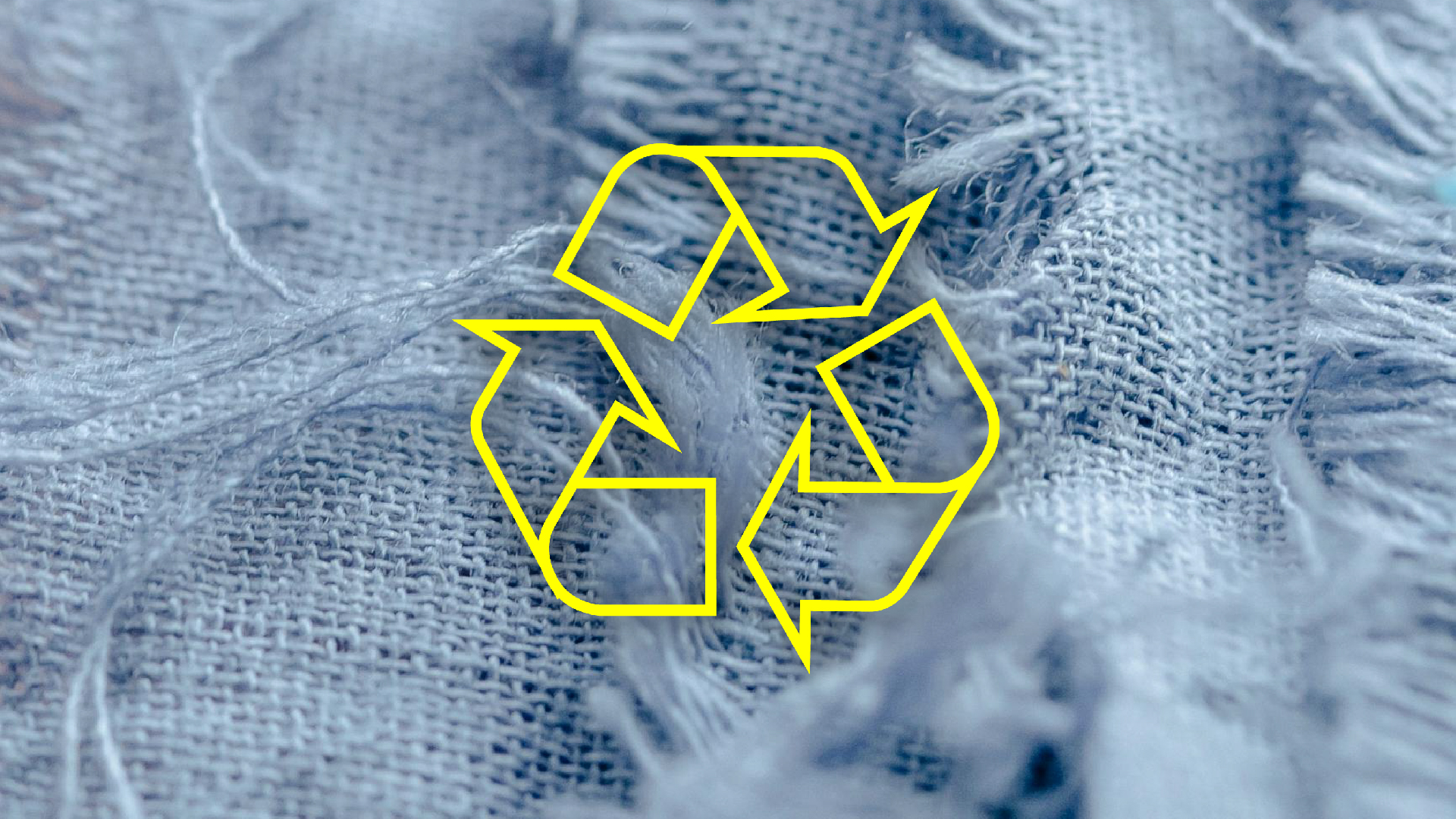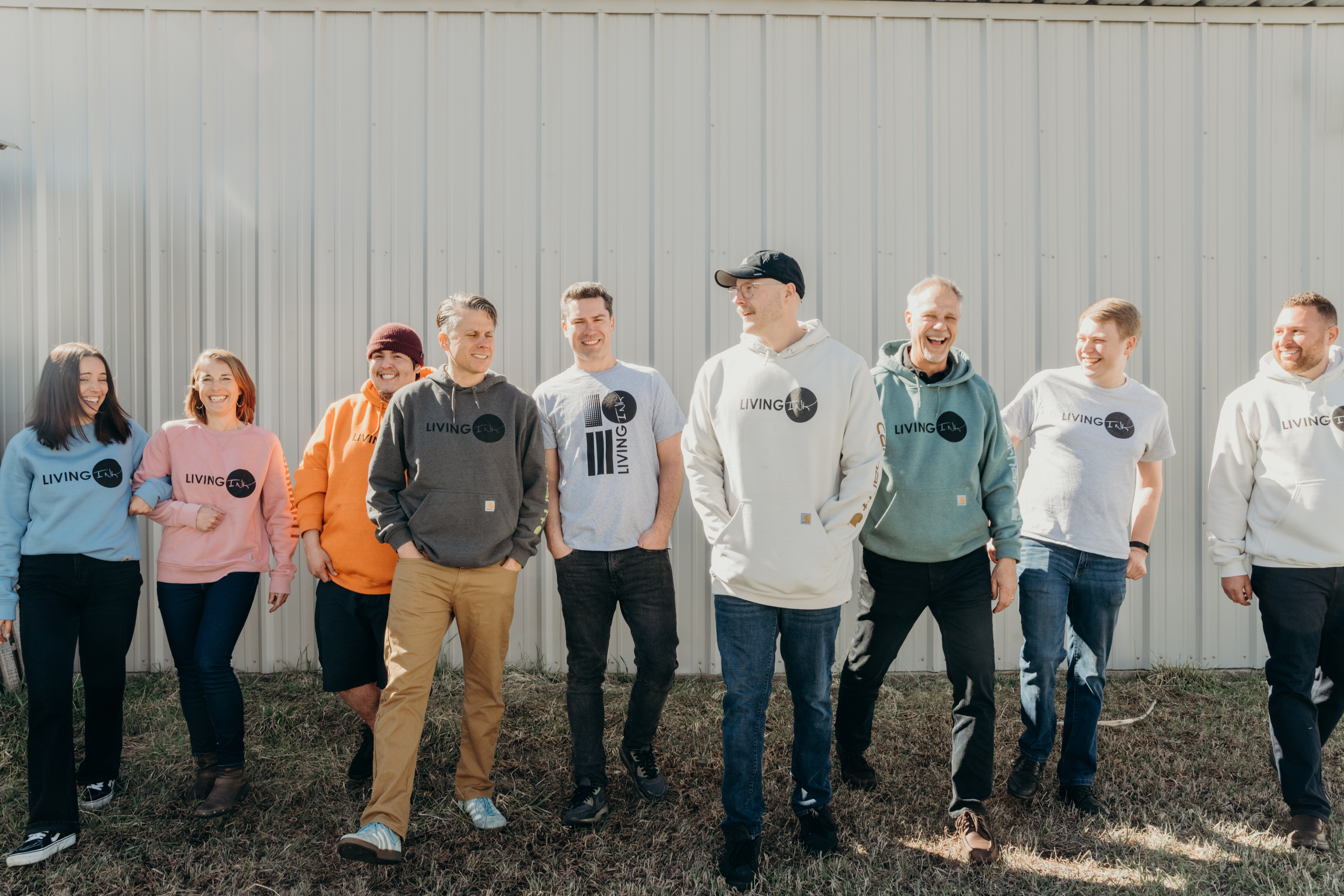Scaling Programme Fashion For Good Expands
25 April 2019
AMSTERDAM- Fashion for Good welcomes four new innovators to their Scaling Programme. All of these innovators were prior participants in the Fashion for Good-Plug and Play Accelerator Programme, meaning they continue to scale and develop their technologies. Joining the Scaling Programme gives them the opportunity to run pilots with Fashion for Good’s corporate partners and expand their operations.
With the inclusion of the four innovators: Mango Materials, Algalife, Nature Coatings and Sonovia (previously Nano Textile); Fashion for Good counts a total of 18 innovators that have participated in their Scaling Programme since their inception two years ago. Their addition – in particular Algalife, Nature Coatings and Sonovia, the first dye and finishing innovators in the programme – not only strengthens Fashion for Good’s portfolio of innovators, but also occupy crucial positions in the industry value chain.
Mango Materials
Mango Materials produces biodegradable bio-polyester that can be used as a sustainable alternative to polyester presently utilised in the fashion industry. Microfibres produced from the bio-polyester can biodegrade in many environments, including landfills, wastewater treatment plants and the oceans, helping to prevent microfibre pollution and contributing to a closed-loop bio economy for the fashion industry. The circular technology benefits the environment throughout its entire process from renewable feedstock sourcing to carbon recycling at the end of a product’s life.
Molly Morse – CEO
“Having participated in the Fashion for Good accelerator programme in 2018, we are incredibly excited to join their Scaling Programme. We see this as a fantastic opportunity to work with their brand partners in the form of pilots and projects this year, as well as to increase our brand awareness and storytelling.”
Sonovia
Sonovia, previously Nano Textile, offers a sustainable alternative to binder chemicals normally used to attach finishes onto a fabric. Its technology embeds fabric finishes directly into fabric using a process called Cavitation and can apply to a range of products such as antibacterial & anti-odour finishes or water repellence. The elimination of binders reduces the amount of chemicals used in the finishing process, while the very strong impregnation protects the end-user and the environment from the leaking of hazardous chemicals. The wet process method has the capacity to revolutionise the wet textile processing industry and transform the textile industry into a vastly more sustainable and greener practice.
Roy Hirsch – VP Business Development
“Our hopes for the Scaling Programme are to run trials with the biggest companies in the industry (Fashion for Good’s corporate partners) and to be able to quantify our positive environmental impact. This is a fantastic opportunity to work with a group of amazing people that give their best to make the world a better place.”
Nature Coatings
Nature Coatings transforms agricultural waste into high performing black pigments for printing, coatings, paint, ink and dope dyeing. The pigments are a bio-based replacement for the millions of tons of petroleum-based carbon black pigment produced globally each year and therefore have the potential to prevent millions of tons of CO2 from entering the atmosphere. The pigments are higher performing than petroleum carbon black and can be used at the mill with existing equipment, making adoption easy and efficient.
Jane Palmer CEO
“The support we have received from Fashion for Good through the Accelerator – and now the Scaling Programme, means so much to us. The Accelerator helped us shift our business model and focus in order to help us get into the market faster and the Scaling Programme provides validation from the market place that our pigment is needed. We hope to have pilot programs with brand partners in place and even completed by the end of the programme. We are excited to see our pigment go to market with these brands!”
Algalife
Algalife’s bio-based innovation aspires to turn the textile industry’s environmental problems into positive, scalable solutions by unlocking the power of algae and creating dyes and fibres from micro algae. These bio-based dyes and fibres have a better environmental footprint than traditional manufacturing and dyeing processes, not to mention the textiles release anti-oxidants, vitamins and minerals that can nourish and protect our body and skin.
Renana Krebs – CEO
“Joining the Scaling Programme is a great next step in Algalife’s mission to scale. Our aim is to work collaboratively on pilots with the Fashion for Good partner brands, continuing to work together on a clean, healthy future for all of us and our future generations.”
Other Articles

In conversation with Smartex: Explore Smartex’s AI-driven solutions transforming quality control and reducing waste

Fashion for Good and Textile Exchange Team Up to Trace Textile Waste

